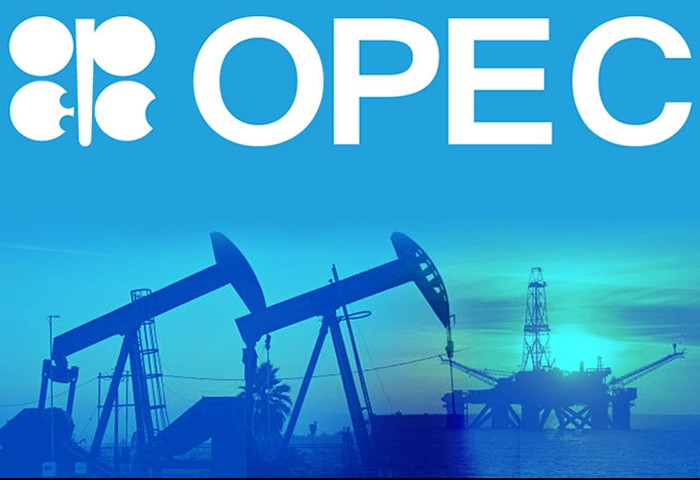The Organization of the Petroleum Exporting Countries (OPEC) maintained stable oil production last June, as it moved ahead with approving an agreement aimed at supporting the fragile global market.
According to a Bloomberg survey, the organization pumped an average of 28.57 million barrels per day, a modest increase of 80,000 barrels per day compared to last May. June was the second month in a row of voluntary supply restrictions imposed by some WTO members amid volatile economic growth.
Production is expected to decline in July, as Saudi Arabia - the largest producer in OPEC - tightens its supply restriction with a unilateral cut of 1 million barrels per day. On Monday, the kingdom announced that the measure would be extended until August. Russia, the leader of the broader OPEC+ alliance, also pledged to cut supplies.
Oil prices fell
Despite initial expectations of higher oil prices this year, prices have instead fallen by around 12% since the start of 2023 amid a weak recovery from pandemic restrictions in China, and fears that higher interest rates could lead to a global recession. Brent crude futures are trading near $75 a barrel in London.
Oil markets are awaiting possible effects of production cuts and threats to stop Libya's exports
The price decline relieves some of the pressure on consumers suffering from inflation in the United States and elsewhere around the world, but at the same time it imposes financial pressures on Riyadh and its oil-producing partners. According to the International Monetary Fund, the kingdom needed oil prices to break above $80 a barrel—even before the latest wave of production restrictions—to balance revenues and expenditures in its budget.
The Kingdom maintained stable supplies over the past month at 9.96 million barrels per day. The overall production of the 13 OPEC members was largely unchanged, as production cuts approved by the United Arab Emirates and Iran were offset by small increases by a number of other countries, including Nigeria and Libya.
Extending Saudi production cuts
In a statement published yesterday, Monday, the Kingdom said that it does not rule out extending production cuts for a longer period, and the Saudi Energy Minister, Prince Abdulaziz bin Salman, promised to keep traders in a state of anticipation of future plans. The prince is expected to deliver a speech at the OPEC-hosted energy conference in Vienna on Wednesday.
Goldman: OPEC cuts could push oil into the $90 range
According to the publication schedule of the organization's bimonthly oil market report, the OPEC+ monitoring committee is likely to meet in early August. The next formal meeting of the group is scheduled for late November.
It is worth noting that the survey is based on ship-tracking data, official statements, and estimates from a group of consulting firms, including: Kpler, Rapidan Energy Group, and Rystad Energy.







































